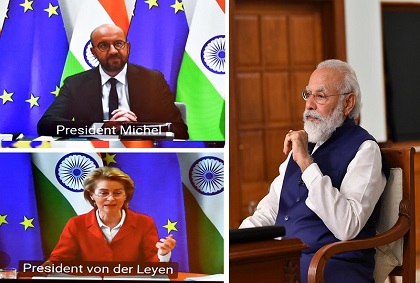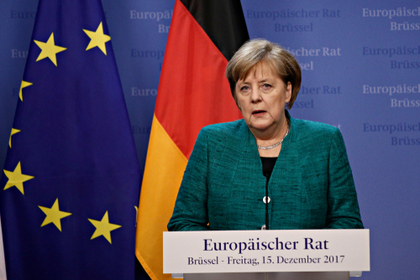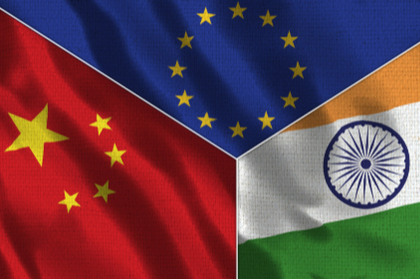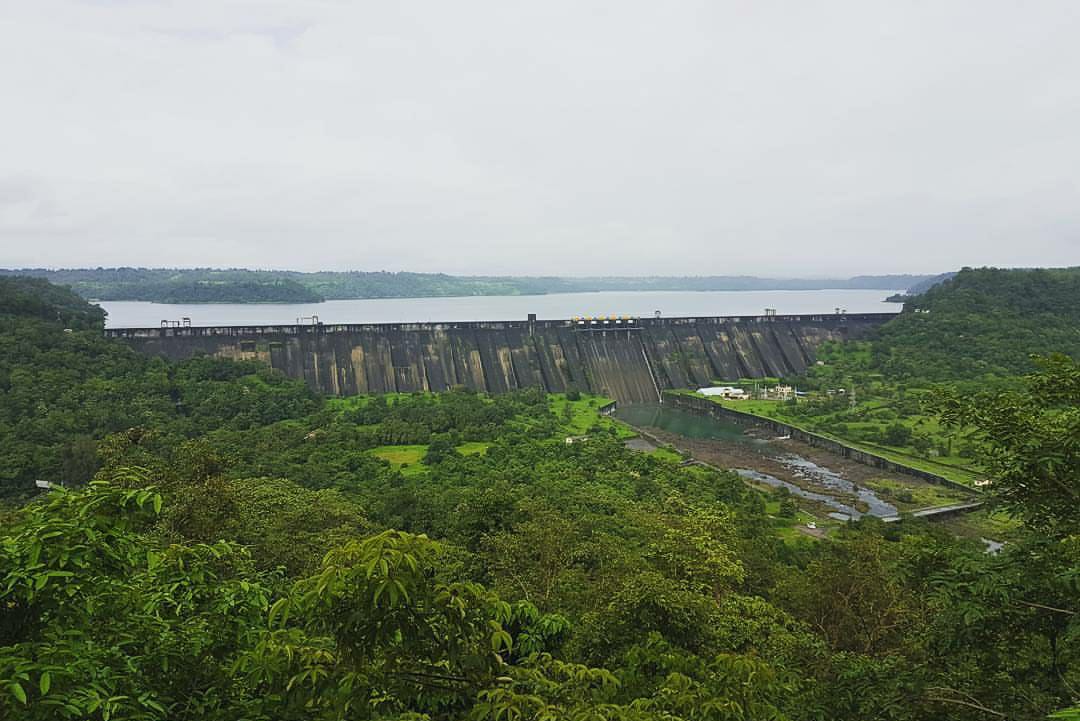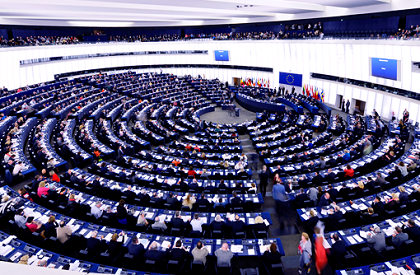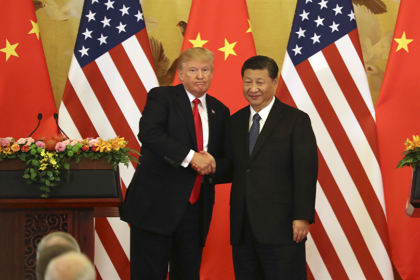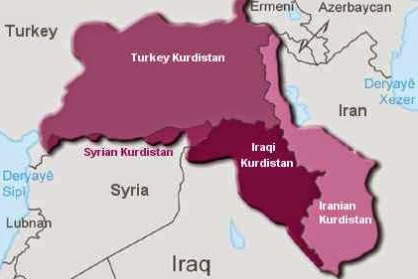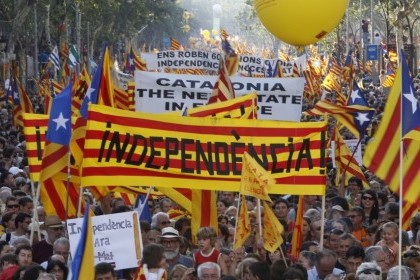Trade is the strategy for India-EU
The recent 15th India-European Union (EU) summit held virtually in July 2020 reflects a bilateral that is gearing for a boost, with both sides trying to move closer in a variety of ways. A serious effort will be required to properly reconcile strategic, trade and investment interests.

